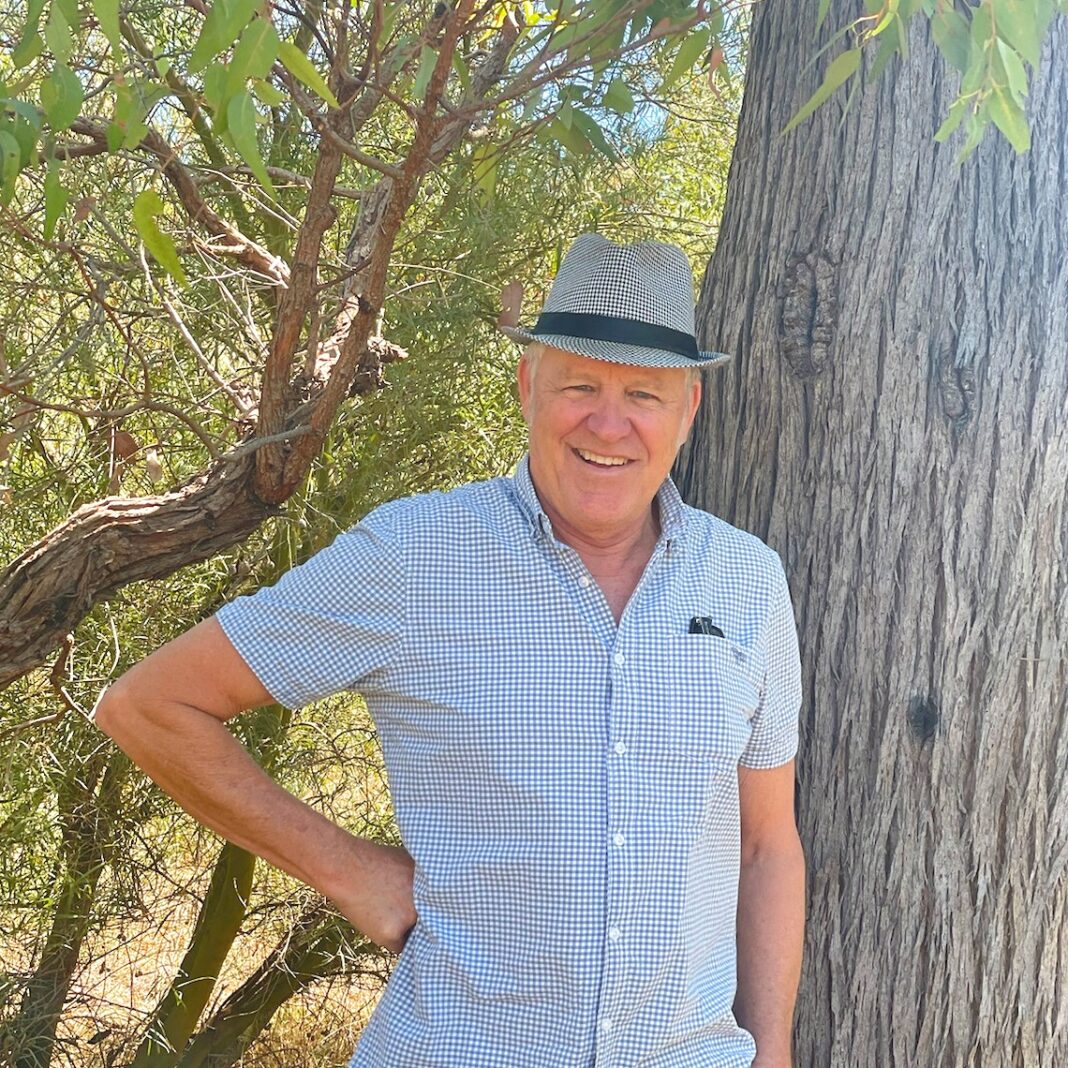The WA government is ignoring the rules, avoiding engagement and scrutiny with its own forest operations while insisting that private forests are tightly governed with high standards of oversight and regulation.
Hundreds of millions of WA taxpayer dollars are being poured into the government forestry sector without plans, detailed assessments or stakeholder engagement. The forest industry is asking why the laissez-faire approach doesn’t apply to the private sector.
The result of this bias is a distorted environment favouring the government sector.
It’s time for a consistent, unified standard for forest planning and management. The current government, however, is unlikely to limit its ‘might is right’ approach.
This distortion occurs both in the plantations and native forest sectors and results in the government bulldozing through its forest operations without the same oversight or consultation as private forests.
The massive government plantation program sees the Forest Products Commission (FPC) purchasing thousands of hectares of land in the southwest to grow pine trees. Much of this is concentrated in the Boyup Brook Shire.
Normally, local government has a say in the conditions for local developments so that social and environmental issues can be addressed. Issues like adequate provision for fire protection, impacts on local business and economic base need to be addressed by the plantation developer.
The WA Government has decided not to be answerable to local government and its plantation project is above the rules that apply to every other plantation grower. It has an exemption by claiming its activities are a “State Project under the Public Works Act” and is above such scrutiny.
No such free kick for private plantations.
The government’s approach contravenes its own commitments under the National Competition Policy to provide a level playing field.
Richard Walker, Boyup Brook Shires president stated: ”The community remains gravely concerned about the proliferation of state-owned pine plantations and the detrimental economic, environmental and social consequences locally, as the state government continues to purchase farming properties in the region without regard for that local impact.”
Discrimination in the native forests is just as bad. Private owners are being denied the opportunity to sustainably manage their forests while the state has carte blanche to pursue its program.
With a minimum of conditions from the Minister the Department of Biodiversity, Conservation and Attractions is able to fell trees by thinning in 80,000 hectares of native state forest over the next 10 years.
The EPA endorsement arrived after just three months of assessment and came without any specific environmental constraints, nor a prescription or clear definition of how its performance will be measured. Even the meagre condition requiring stakeholder consultation in annual planning has been ignored, and it is likely no action has been taken in relation to this breach.
Private native forest owners are given no such luxury.
Felling just one tree requires a permit under the existing clearing laws. But unlike other states there is no clear pathway to get a permit to thin private forest in Western Australia, and many private forest owners have been waiting years. Permits can be further delayed or denied due to appeal from the public.
Thinning of state forests, so easily allowed by the EPA, is considered ‘clearing’ on private land. The regulator, DWER, is currently placing a host of conditions on its permits, including detailed planning for cockatoo habitat and foraging. DBCA gained approval to thin 80,000 hectares without any such environmental constraint.
The WA government has forcefully argued that ecological thinning is essential to protect the forests from the impacts of climate change. Surely, private forests need similar protection.
The government is pumping around $5000 for every hectare of state forest to be thinned, yet it charges private forest owners up to $6000 before it will even look at an application for a permit – and unlike DBCA, farm foresters breaching their conditions face hefty fines.
John Clarke, a forestry consultant assisting private native forest owners apply for permits, is frustrated: “The system is a bureaucratic minefield. It is impossible to navigate and provide clarity to forest owners about how to manage their forests.”
One of Mr Clarke’s clients is seeking to thin 17 hectares of regrowth jarrah/marri forest.
“Forest thinning is being unfairly judged as if it were clearing,” Mr Clarke said.
“The owners paid the required $2000 application fee over 12 months ago but have yet to receive any indication from DWER whether they will be issued a permit or not.”
Forests should be governed by the same rules, no matter who owns them. For native forests, WA should follow the example of Queensland, NSW and Tasmania and develop a Code of Practice for managing native forests (as allowed under the Environmental Protection Act) to allow for a consistent approach and a simple, predictable path to approval.
The state’s plantation expansion must take account of local communities; there is no place for government to operate as if it is above the law.
Editor’s note: There’s none so blind as those who will not see.






